 Shutterstock
Shutterstock
Dogs are deeply social creatures. They bond closely with their humans and thrive on attention, affection, and inclusion. But life gets busy—between work, errands, scrolling social media, and binge-watching shows about people cooking in tiny kitchens—we sometimes unintentionally leave our pups on the sidelines. And while your dog may not throw dramatic tantrums (unless they’re a true drama queen), they have their quiet ways of saying, “Hey, remember me?” Understanding these subtle signs can help you reconnect before your dog starts auditioning for a soap opera.
They Suddenly Stop Following You Around
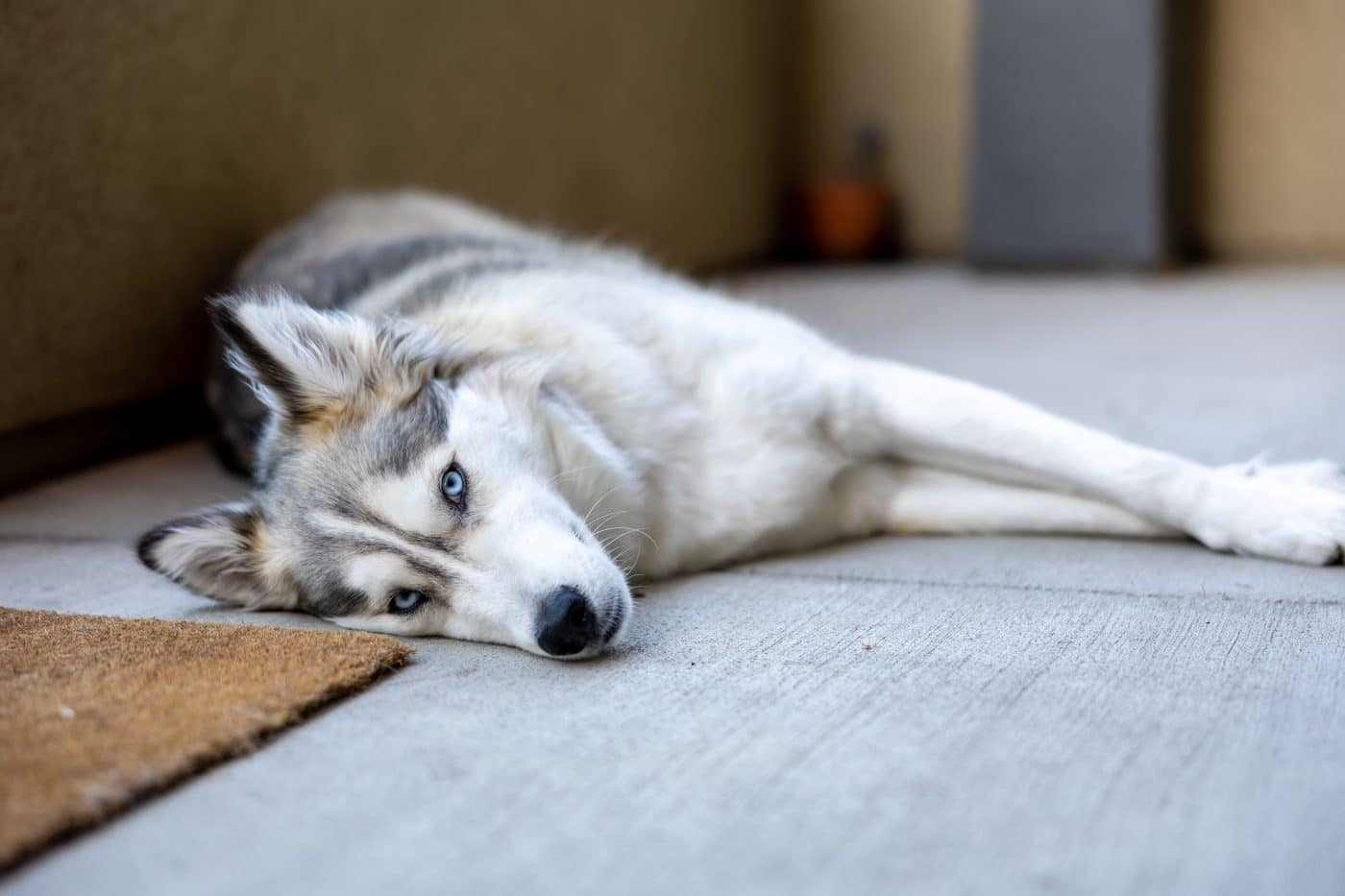 Shutterstock
Shutterstock
If your dog is usually your little shadow but suddenly chooses to stay on the couch instead of trailing you to the kitchen, bathroom, and your fifth snack of the day, take notice. This behavior shift may be their way of expressing emotional withdrawal. It’s a classic dog version of, “Fine, I guess I’ll just sit here alone.” They’re not being aloof—they’re showing you that they’re feeling disconnected. When even the toilet trip buddy system breaks down, it’s time for a cuddle intervention.
They Bring You Toys… Then Walk Away
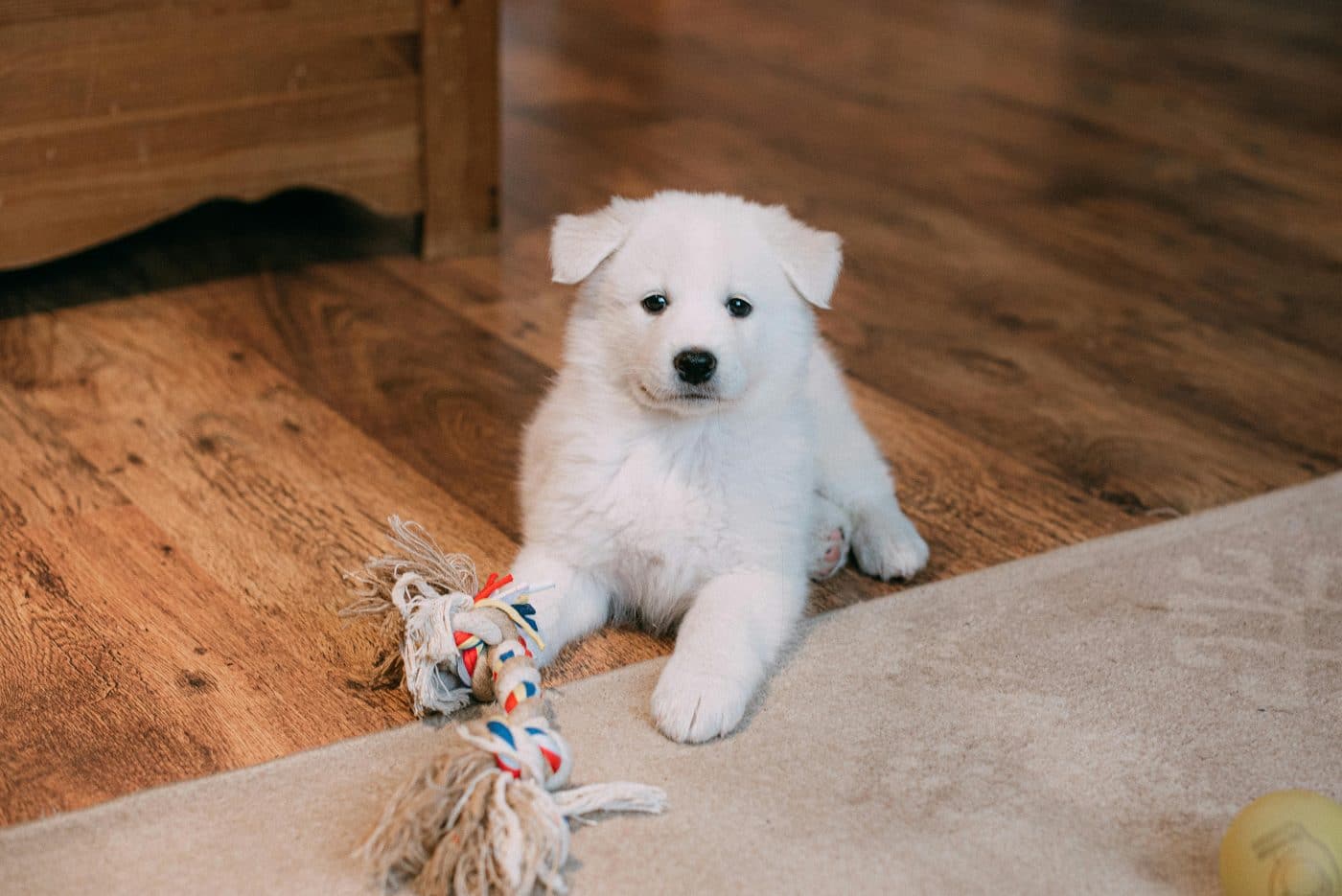 Shutterstock
Shutterstock
It seems like an innocent gesture—your dog drops a toy at your feet, and then slinks off instead of begging you to play. This isn’t just them being forgetful. It’s their passive-aggressive way of saying, “I wanted your attention, but I know you’re too busy, so whatever.” Dogs use toys to initiate interaction, and when they give up before the game starts, it often signals disappointment or a feeling of rejection. It’s the doggy equivalent of a sad sigh followed by a solo game of fetch… with themselves.
They Become Clingy at Odd Times
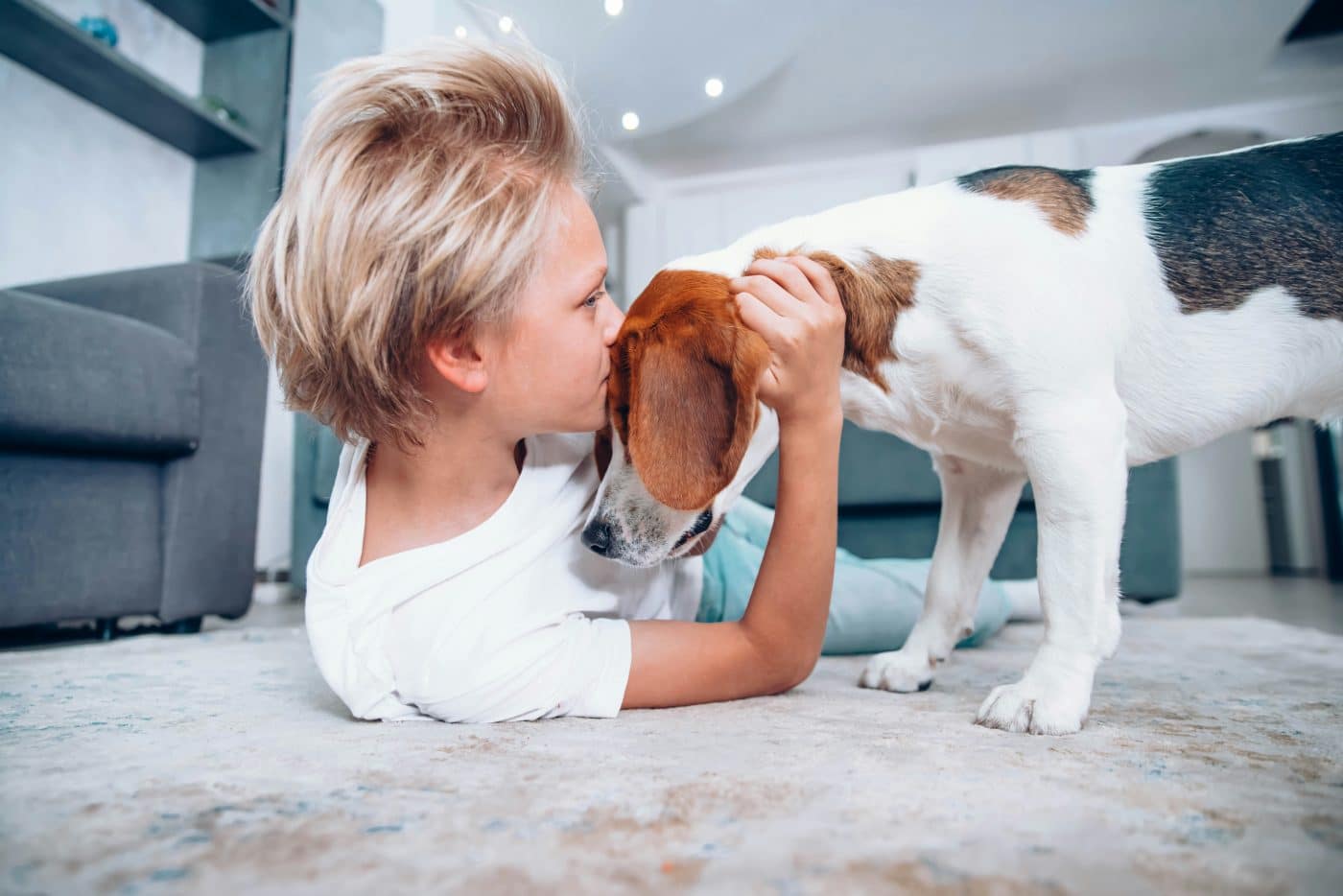 Shutterstock
Shutterstock
Has your dog ever jumped into your lap mid-email or sat three inches from your face while you’re brushing your teeth? When dogs feel excluded, they often seek attention in moments that feel oddly timed. It’s like their internal radar tells them, “Now’s the perfect time to remind them I exist!” Clinginess out of the blue can be a cry for connection, especially if they’ve been left out of recent family fun or routines. It’s their way of inserting themselves back into the emotional group chat.
They Start Acting Out
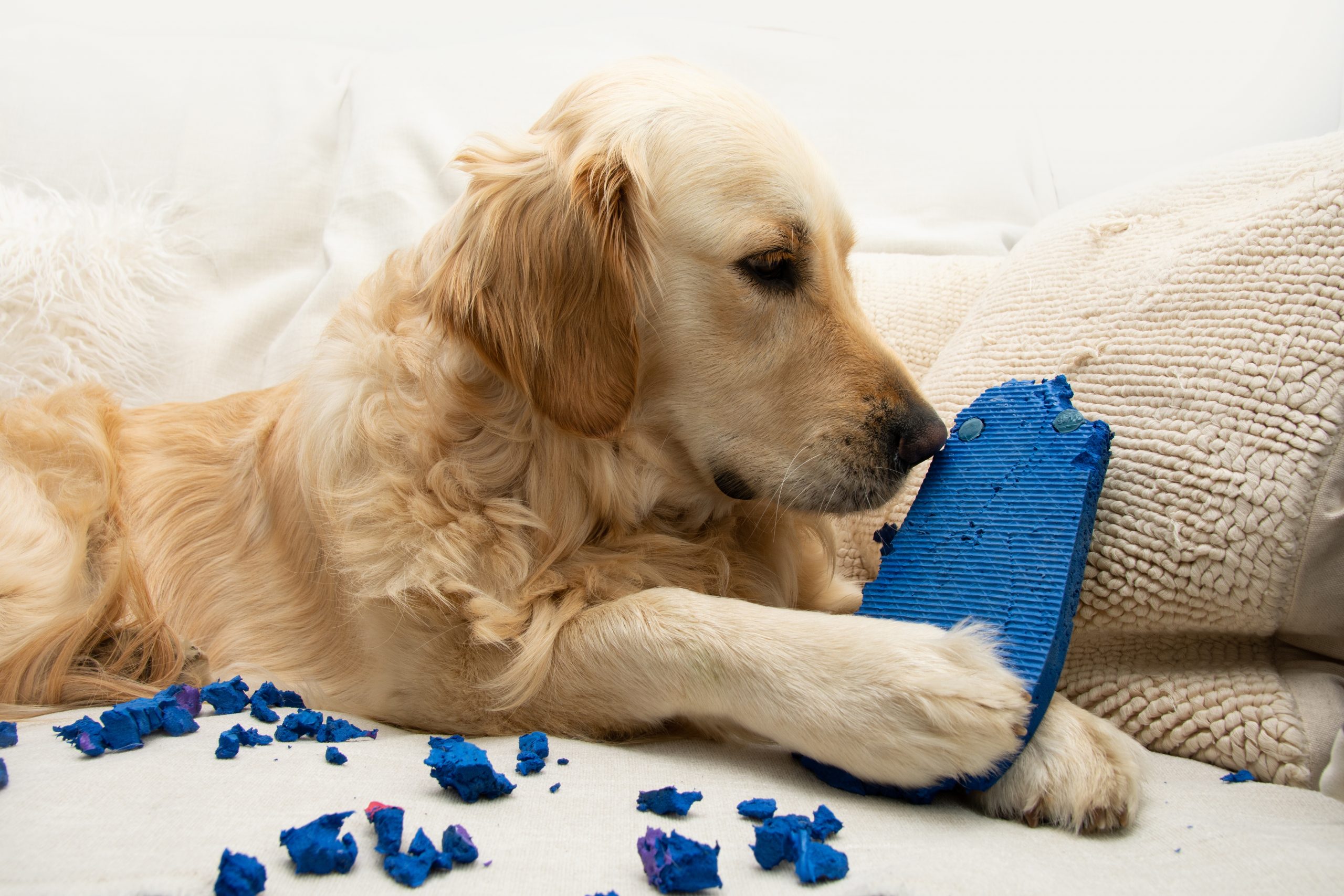 Shutterstock
Shutterstock
You come home to find your favorite slipper murdered in cold blood. Or the trash can mysteriously exploded again. If your dog starts acting like a one-dog wrecking crew, they might not just be bored—they might be upset about feeling ignored. Destructive behavior is often a symptom of emotional distress. Your dog isn’t trying to punish you (well, maybe just a little)—they’re struggling to express that they miss you and want more interaction. It’s a chewed-up cry for help.
They Interrupt You More Than Usual
 Shutterstock
Shutterstock
Whether you’re on a Zoom call, deep in a movie, or trying to complete a yoga pose you regret, your dog chooses that exact moment to paw at you, bark, or plop their head on your keyboard. This isn’t a coincidence—it’s protest. When dogs feel excluded, they start inserting themselves into your attention space as a way to reconnect. It’s like, “Oh, I see you’ve moved on to this computer thing instead of playing with me. Let’s fix that.” Dogs are the masters of well-timed interruptions when they’re feeling forgotten.
They Withdraw From Group Activities
 Shutterstock
Shutterstock
If your dog normally jumps at the chance for a walk or play session but suddenly lags behind or watches from a distance, that’s a red flag. When dogs feel emotionally left out, they may disengage from things they normally love. It’s not laziness—it’s sadness. They may be physically present but mentally checked out, as if saying, “Why bother? No one noticed me yesterday anyway.” A little encouragement, attention, and reassurance can go a long way to coax them back in.
They Give You the Cold Shoulder
 Shutterstock
Shutterstock
Sometimes dogs are more dramatic than teenagers in a YA novel. You come home, expecting a tail-wagging greeting, but your dog turns away or barely lifts their head. It’s not because they’re tired—it’s because they’re miffed. Dogs can absolutely give the cold shoulder when they feel slighted. It’s their way of saying, “Oh, you remembered I exist now?” You’ve been subtly ghosted… by your own dog. Respect the drama, then fix it with treats.
They Over-Greet Guests but Not You
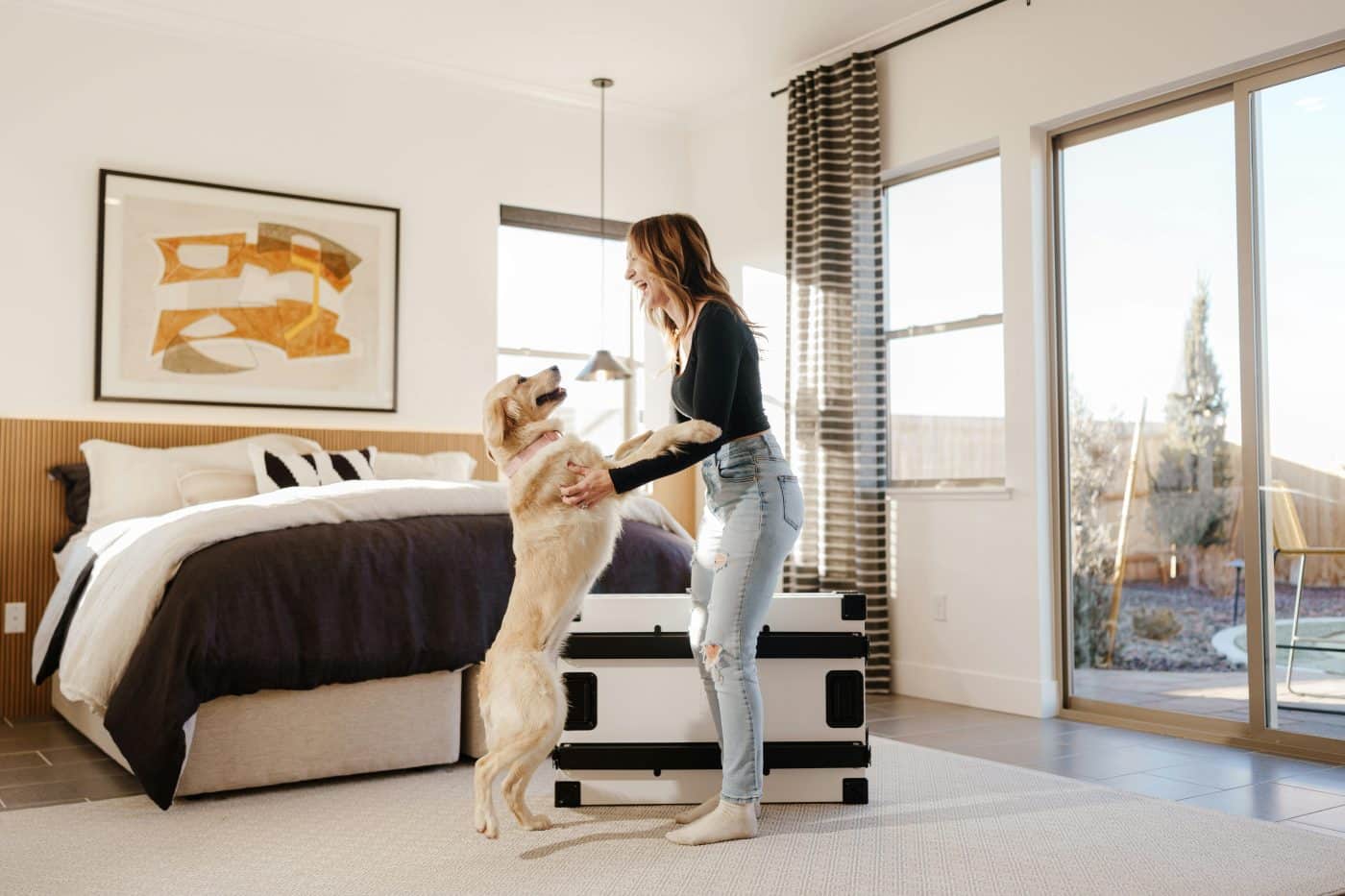 Shutterstock
Shutterstock
If your dog gives visitors the red carpet treatment—wiggles, kisses, tail whips—but barely acknowledges you, take it as a statement. It may not mean they love the guests more—it could be a coping strategy. Dogs often seek out others when they feel emotionally distant from their primary humans. They’re not trying to hurt your feelings, but they might be finding comfort wherever they can get it. So while your dog is acting like your neighbor is Beyoncé, don’t be too offended—just maybe plan some extra bonding time.
They Seem Sad Even When You’re Home
 Shutterstock
Shutterstock
This is perhaps the most heartbreaking sign. If your dog looks glum, sighs a lot, or lays in a corner even when you’re around, they may feel left out emotionally—even if you’re physically present. Dogs are masters at reading emotional energy, and if you’ve been distracted, stressed, or emotionally unavailable, they feel it. They’re not just waiting for food—they’re waiting for connection. A little eye contact, a few ear rubs, and some undivided attention can turn that frown upside down.
Don’t Make Your Dog Join a Group Chat Called “Lonely and Forgotten”
 MidJourney
MidJourney
The subtle signs your dog might be silently questioning if your phone, job, or houseplants have taken their spot in your heart. The fix? It’s simple—belly rubs, walks, and some focused one-on-one time. They don’t ask for much—just love, attention, and maybe a starring role in your weekend plans (with snacks, obviously). Behind every dramatic sigh or toy drop is a pup who just wants to feel included. Even if your world includes unfolded laundry and late-night fridge raids, they’re ready to be your favorite sidekick again.
 Toledo, United States.
Toledo, United States.